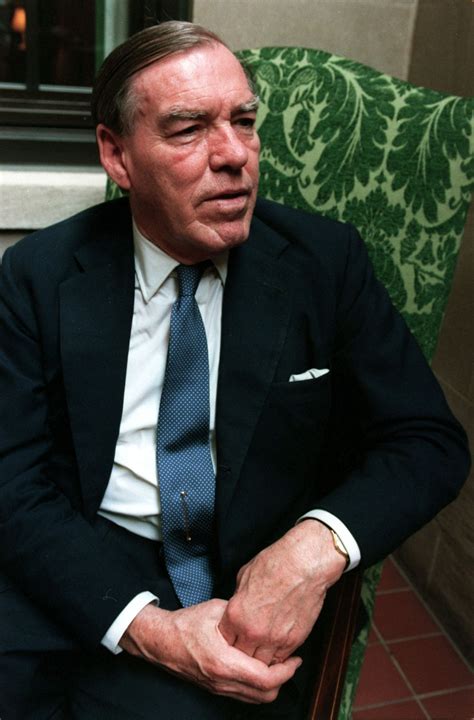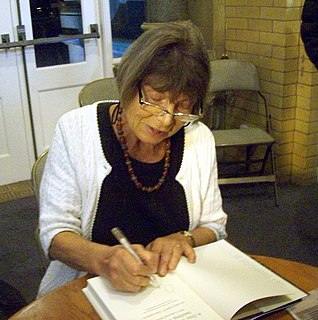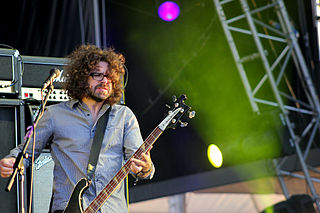A Quote by Noam Chomsky
The Second World War had really devastating effects for much of Europe. It really didn't take them very long to reconstruct state capitalist democracies because it was in people's heads. There were other parts of the world that were pretty much devastated and they couldn't do it; they didn't have the conceptions in their mind. A lot of it is human consciousness.
Related Quotes
In Europe and the United States the two decades following the Second World War will for long be remembered as a very good time, the time when capitalism really worked. Everywhere in the industrialized countries production increased. Unemployment was everywhere low. Prices were nearly stable. When production lagged and unemployment rose, governments intervened to take up the slack, as Keynes had urged.
In the period after the Second World War, there were still leaders in Europe who represented weak countries, but possessed a sense of global foreign policy. Nowadays, on the other hand, there are politicians who represent pretty powerful countries, but whose citizens are not prepared to sacrifice themselves for the state.
When we were not shooting [The Hangover] we were sleeping, so pretty much every waking moment we spent together. And, you know, Bradley [Cooper], Zach [Galifianakis] and I were acquaintances before the movie started but we became good friends very quickly and spent so much time together that it was just inevitable we were either going to really hate each other or really like each other. Thank god it turned out to be the latter.
I really lucked out with that song ["As Cool As I Am"]. Men were becoming much more comfortable with all the different facets and parts of their identity, including their gentler, funnier, sillier, nurturing parts. They started showing up. There was so much exploration of gender at that time. Women were showing up with the range of ways of being female in the world and men were showing up with the range of being male in the world.
So many of the new nations which were established as democracies after the second world war, during the decolonizing process, have now changed their system to state-socialism. Small elites run them, and they aren't sharing societies. They aren't even socialist. The power of the state has been merged with business property and you have the greatest concentration of power that's possible.
I lived in a little working-class town that had no black neighborhoods at all - one high school. We all played together. Everybody was either somebody from the South or an immigrant from East Europe or from Mexico. And there was one church, and there were four elementary schools. And we were all, pretty much until the end of the war, very, very poor.
The earthquake in Haiti was a class-based catastrophe. It didn't much harm the wealthy elite up in the hills, they were shaken but not destroyed. On the other hand the people who were living in the miserable urban slums, huge numbers of them, they were devastated. Maybe a couple hundred thousand were killed. How come they were living there? They were living there because of-it goes back to the French colonial system-but in the past century, they were living there because of US policies, consistent policies.
We had come here to have a break from thoughts and the hard work that came with the constant interaction with idiots. Or at least people we considered idiots because they were not mind readers and we had to, patiently, use polite words to explain things that we were thinking when really inside we were fighting the urge to take their heads in our hands and softly and repeatedly thud their foreheads off the wall.
My parents were very, very close; they pretty much grew up together. They were born in 1912. They were each other's only boyfriend and girlfriend. They were - to use a contemporary term I hate - co-dependent, and they had me very late. So they had their way of doing things, and they reinforced each other.
Modernism really started with people getting infatuated with the idea of "it's the twentieth century, is this suitable for the twentieth century." This happened before the First World War and it wasn't just the soldiers. You can see it happening if you read the Bloomsbury biographies. It was a reaction to a great extent against Victorianism. There was so much that was repressive and stuffy. Victorian buildings were associated with it, and they were regarded as very ugly. Even when they weren't ugly, people made them ugly. They were painted hideously.





































